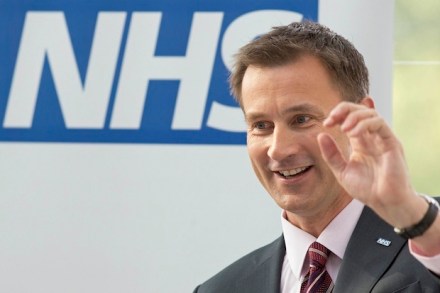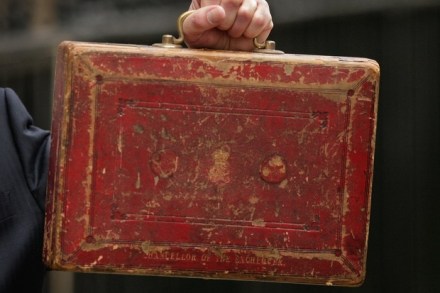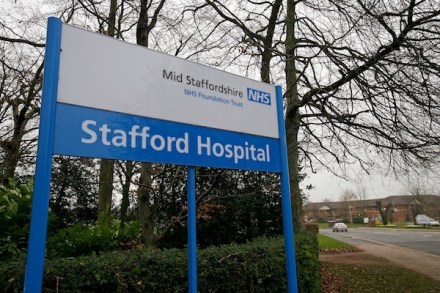Spectator letters: Ken Loach defended, and the music of Pepys
We need religion Sir: Roger Scruton (‘Sacred hunger’, 31 May) describes a reason, dare I say a ‘purpose’, for religion in society. Evolutionary biologists such as the evangelical atheist Richard Dawkins should accept the concept of evolution in the social behaviour of Homo sapiens. Archaeological and anthropological evidence suggest that some form of religion played a part in the earliest of primitive societies, going back tens of thousands of years. If religion is so toxic to society, how could it have developed into so many complex and varied forms around the world unless it had powerful social ‘survival’ value? Indeed in countries where religion was outlawed, such as the USSR and


















